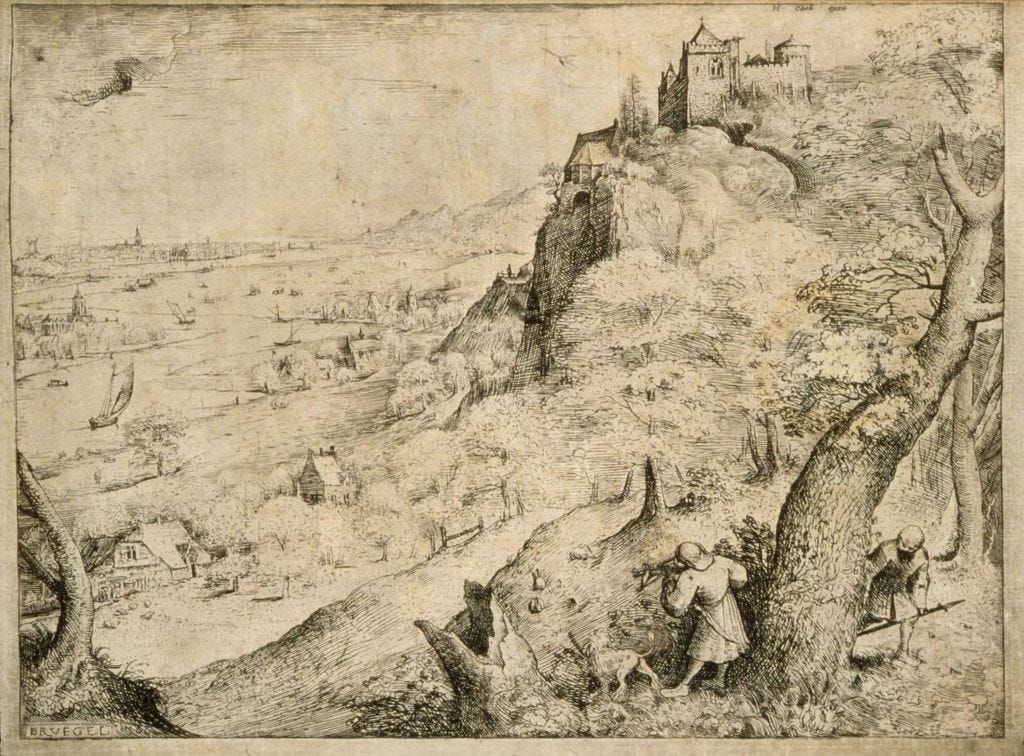The Two Tyrants - Ernst Jünger
THE TWO TYRANTS
Arminius, 13 March 1927
The demand for unity within the national movement arose a year ago, when it became clear that "everyone actually wants the same thing." Does everyone really want the same thing? Yes and no. In the questions of internal politics, most definitely not. The fact that the word 'social' has undergone a transformation is sufficient proof of this. The same cannot be said for foreign policy. For even if there is no agreement on the way forward, on the importance of alliances and enmity, there is agreement on the goal. Whether one pursues eastern or western politics for logical or emotional reasons, one does so because of a will – namely, to have a strong, independent, and secure empire vis-à-vis the outside world. This will extends far beyond the so-called national movement – it is more or less hidden, but German blood cannot deny itself. Therefore the strongest factor for internal unity will always be external access. It is only when the common life is threatened that one becomes aware of it.
The second factor is the superiority of the individual. Vladimir W. Hartlieb, in his excellent travel diary " Italy", writes: "The greatness of fascism is that it is not rationalistic but enthusiastic, that it worships not a programme but a supreme personality. To die for a programme is degenerate, but to die for a person who is adored is a great thing." That is precisely what we lack. We have enough programmes and any discussion about them is pointless. For every possible path there is already an organisation that believes that it, and only it, is the right one. All the human material that comes into play has already been counted many times over. Therefore it is not worth founding new organisations, and it is not possible to increase the number of fighters significantly through recruitment. The only thing missing is the person who is able to pull together all that is available and make the interplay of forces bear fruit in his or her personality. Where this person is located - in one of the organisations, in the Party, or in the Reichswehr - is of secondary importance. Nor does it make sense to proclaim that so-and-so is "the one", as every obedience does. Only success is decisive here.
Either one is present and necessarily prevails. Or he is not, in which case all advertising is in vain.
The central issue for the national movement of our time is the preparation of a leader with a modern will. This preparation is going on to the extent that the form and idea of loyalty is gaining ground everywhere; in paving the way for it there is historical credit to the federations, whose character has influenced even a part of democracy. Struggles within different tendencies are less dangerous than they seem at first sight. For these quarrels do not hinder the emergence of personality, they only show that it does not yet exist. A great personality does not dissolve into these issues, but overcomes them and finds a higher unity which nourishes antagonism.
The German needs two tyrants: an external tyrant who makes him feel German to the world, and an internal tyrant who makes him realise himself.


